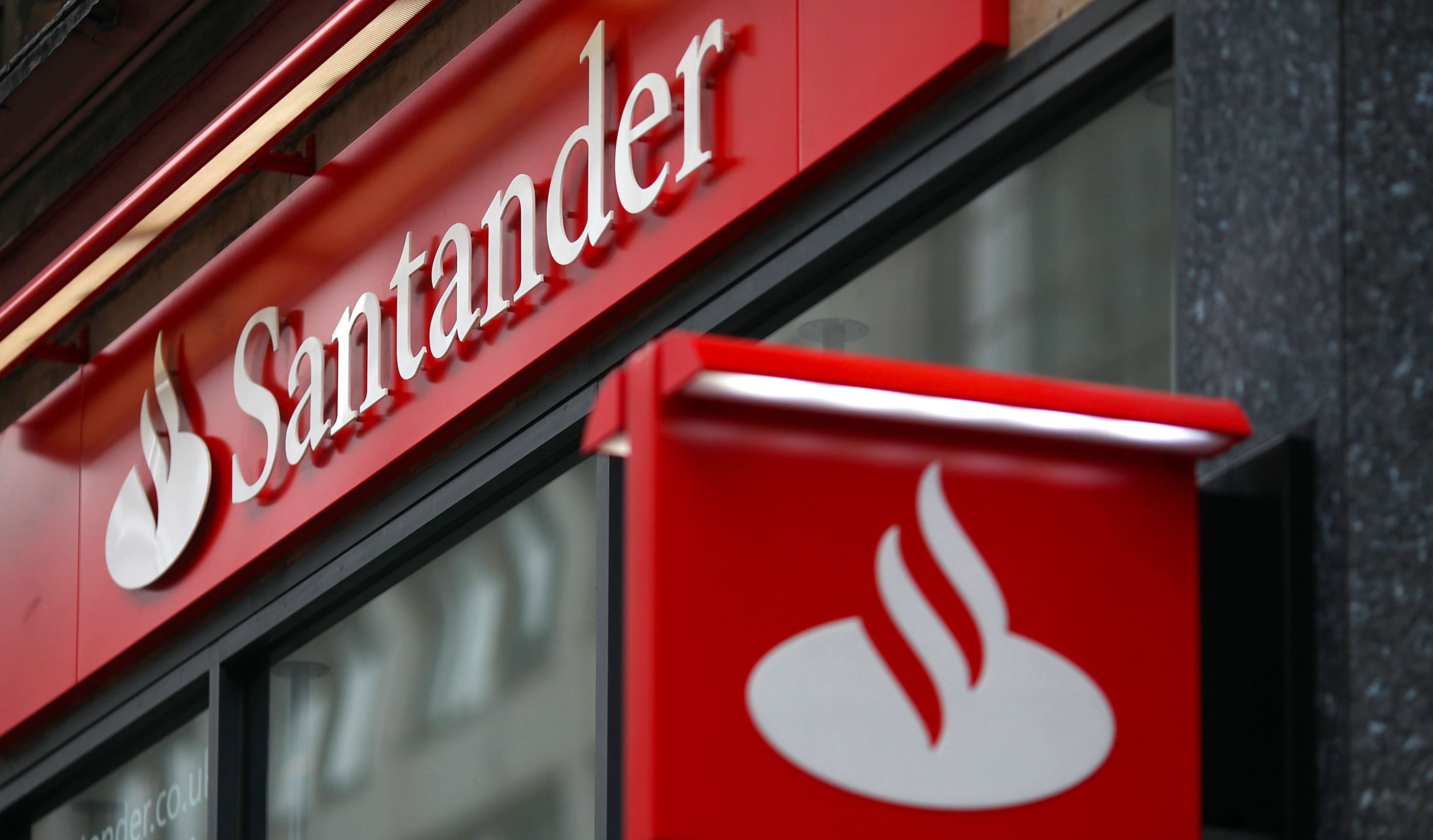
A sign hangs from a branch of Banco Santander in London, U.K., on Wednesday, Feb. 3, 2010.
Simon Dawson | Bloomberg via Getty Images
LONDON — Thousands of people received a surprise gift on Christmas Day this year when European bank Santander accidentally deposited £130 million ($176 million) across 75,000 transactions.
The mistake happened when payments from 2,000 business accounts in the U.K. were processed twice, meaning some employees saw their wages double, while suppliers also got more than they were expecting.
The bank said the duplicate payments were caused by a “scheduling issue” that has now been rectified.
It is now trying to recuperate the mistaken payments, many of which have gone into bank accounts operated by rival banks.
“We’re sorry that due to a technical issue, some payments from our corporate clients were incorrectly duplicated on the recipients’ accounts,” a Santander spokesperson told CNBC.
“None of our clients were at any point left out of pocket as a result and we will be working hard with many banks across the UK to recover the duplicated transactions over the coming days.”
Reports suggest the incident may have dampened the spirits of some payroll staff on Christmas Day and Boxing Day.
“It ruined my holiday period because I thought I’d paid out hundreds of thousands in error — I thought I had done something wrong,” one payroll manager reportedly told the BBC. “I thought it was just me and that I was going to get in trouble at work.”
The payroll manager added that Santander hasn’t shared how businesses should explain the second payment to staff or provided any information about how it should be repaid, according to the report.
Santander said the process for recovering the funds is an industry process known as the “bank error recovery process.” It added that it has started to work with other banks in accordance with the process and that these banks will look to recover the accidental payments from their customer’s accounts.
It said it also has the ability to recover the funds directly from people’s accounts.
Source: CNBC
